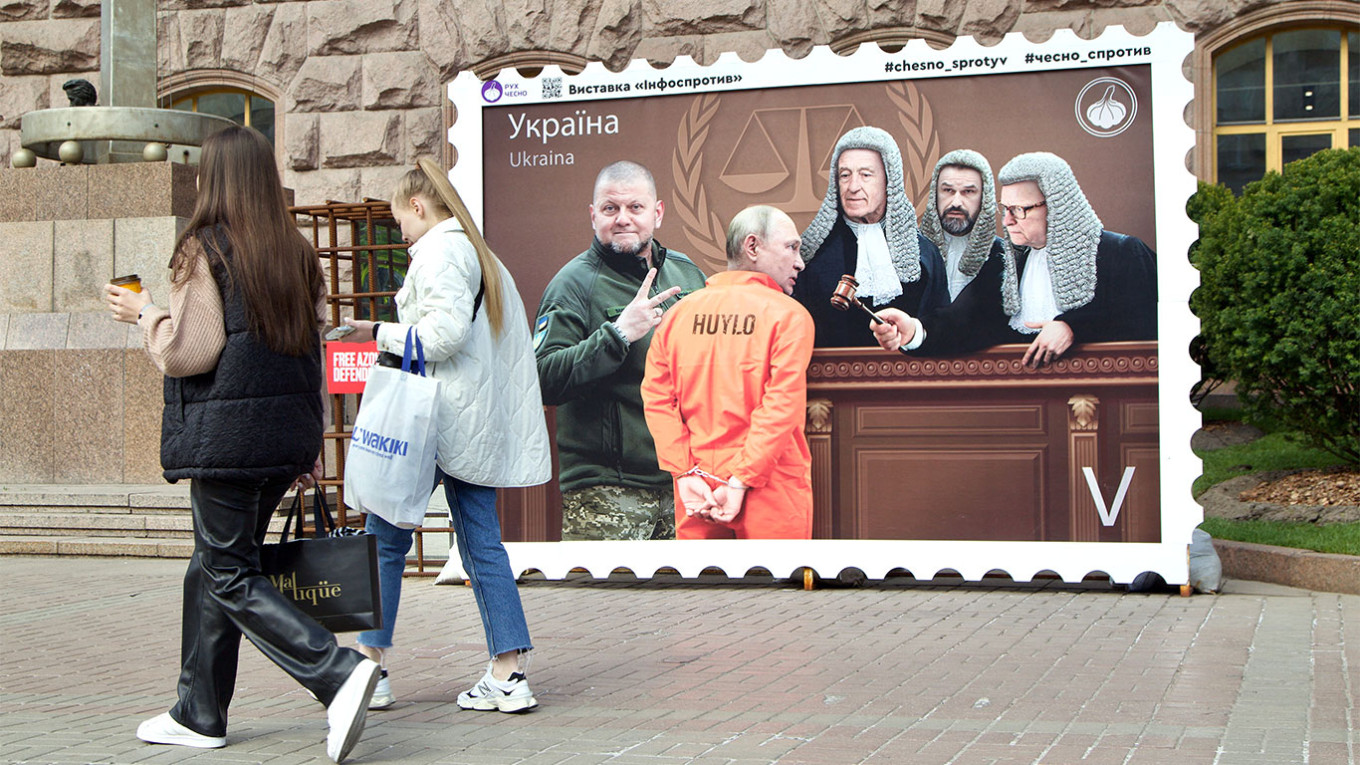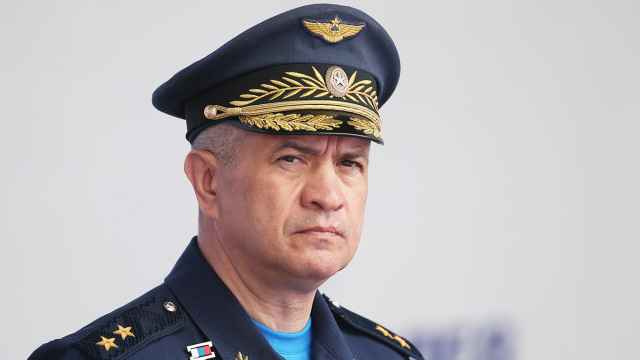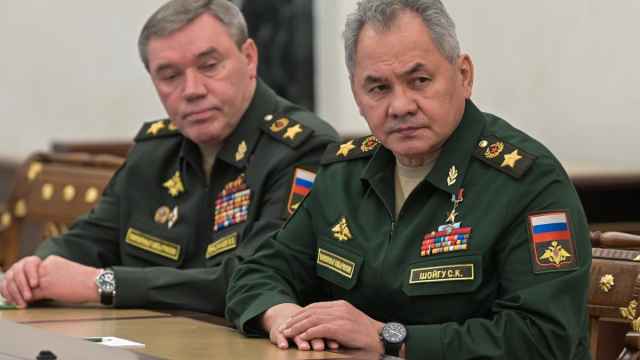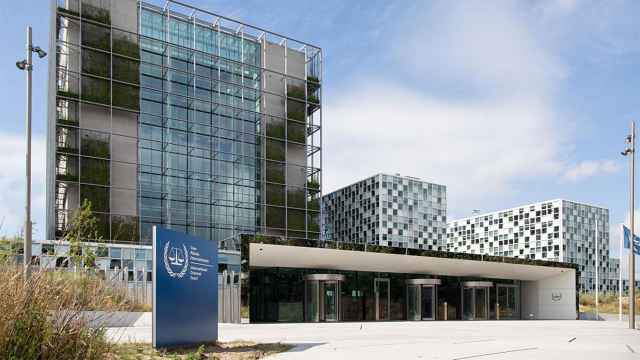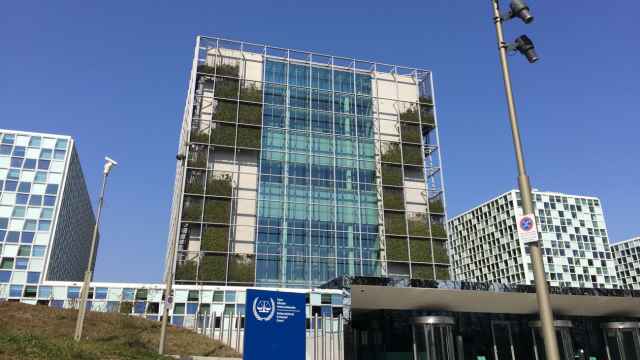The International Criminal Court (ICC)'s prosecutor in The Hague is investigating grave crimes allegedly committed in Ukraine. In the Ukrainian situation, this court has jurisdiction over three categories of crimes of utmost concern for the international community: war crimes, crimes against humanity, and genocide. All of those crimes, however, are conducted in the course of the armed conflict and do not deal with the cause of the war.
In 1974, the United Nations General Assembly adopted the definition of aggression. According to this definition, any invasion, attack, military occupation, or annexation by force inconsistent with the UN Charter may qualify as an act of aggression. The Charter recognizes only two legal grounds for the use of military force: in self-defense in response to an armed attack or with the authorization of the Security Council.
On March 2, 2022, the General Assembly adopted Resolution ES-11/1, which recognized that the military operations of the Russian Federation inside Ukraine’s sovereign territory were on a scale that the international community had not seen in Europe in decades, and deplored “in the strongest terms” the aggression by the Russian Federation against Ukraine in violation of the Charter.
The International Court of Justice (ICJ), the principal judicial organ of the United Nations which is also located in The Hague, ordered the immediate suspension of Russian military operations in Ukraine on March 16, 2022.
The war of aggression is not only an internationally wrongful act of a state but also the gravest crime against international peace. Both Ukraine and Russia consider waging an aggressive war to be a crime under their respective criminal codes.
The definition of the crime of aggression in the Rome Statute of the International Criminal Court is a result of an international consensus of which the Russian Federation was a part. However, there is a wide accountability gap — at present, there is no international criminal tribunal to try those responsible for the aggression against Ukraine.
In fact, the only international tribunals that tried individuals for aggression (referred to as “crimes against peace” at the time) were international military tribunals in Nuremberg and Tokyo, established by the victorious Allies after the end of World War II. It was the Soviet legal scholar Aron Trainin who made a critical contribution to the definition of the crimes against peace in the Charters of both tribunals.
Ukraine has initiated discussions about establishing a special international tribunal on the crime of aggression. According to Dr. Anton Korynevych, Ukraine’s ambassador-at-large who leads his nation’s delegation in the proceedings before the ICJ, the most effective option would be a tribunal based on an agreement between Ukraine and the UN or a multilateral treaty between Kyiv and other states. This option would address the issue of immunities enjoyed by heads of state and government and foreign ministers under international law.
This is particularly important given that the crime of aggression is a leadership crime: those responsible might include the political and military leaders who were actually involved in taking the tragic decision to use military force against a sovereign country in violation of the UN Charter.
Support for Ukraine's initiative is not yet universal. But a group of Russian international lawyers has published an open letter, known as the “Brussels Declaration,” supporting Ukraine’s idea.
In their declaration, the lawyers stress the moral obligation to seek justice for victims and hold perpetrators accountable through international mechanisms.
“The prosecution of political and military leaders, who planned, initiated, and continue to wage this war of aggression, as well as their accomplices, is indispensable for bringing justice to a large number of victims,” the declaration states.
The establishment of the special tribunal for aggression is as important for Russian society as it is for the Ukrainians and the international community as a whole. The signatories of the Brussels Declaration argue that past crimes committed by Russia’s leadership and military, both domestically and abroad, have gone unpunished, perpetuating a chain of impunity.
The Brussels Declaration has also received support from the signatories’ Belarusian colleagues. Belarus’ involvement in the unlawful use of force against Ukraine should also be examined and legally assessed as part of establishing accountability for aggression. The definition of aggression includes the action of the state in allowing its territory to be used by another state for perpetrating an act of aggression against a third state.
The Brussels Declaration's signatories express their willingness “to help achieve accountability for the perpetrators and reparations for their victims.” It is important to remember that the defense counsel in Nuremberg was made up of German attorneys, and not everyone who stood accused of heinous crimes was convicted: this triggered the dissenting opinion of the Soviet members of the Tribunal.
International justice and judicial determination of the causes of this aggressive war will be of paramount importance to the Russian public. They will pave the way to reconciliation and help end fruitless discussions about the “collective guilt” of every woman and man of Russian nationality. Truth discovered through court proceedings will also be used to counter extremist narratives and help establish a verified and balanced historical record.
The establishment of this special tribunal may seem distant. But the world will be a better place when the idea of justice which currently only exists in conversations and discussions takes shape as a functioning international institution. For, if the special tribunal renders justice fairly and impartially and has the teeth necessary to fully implement its orders, then perhaps one dictator and his or her close circle may think twice in the future about whether they start the next aggressive war. This offers a huge opportunity to fulfill the UN Charter’s goal of saving succeeding generations “from the scourge of war.”
A Message from The Moscow Times:
Dear readers,
We are facing unprecedented challenges. Russia's Prosecutor General's Office has designated The Moscow Times as an "undesirable" organization, criminalizing our work and putting our staff at risk of prosecution. This follows our earlier unjust labeling as a "foreign agent."
These actions are direct attempts to silence independent journalism in Russia. The authorities claim our work "discredits the decisions of the Russian leadership." We see things differently: we strive to provide accurate, unbiased reporting on Russia.
We, the journalists of The Moscow Times, refuse to be silenced. But to continue our work, we need your help.
Your support, no matter how small, makes a world of difference. If you can, please support us monthly starting from just $2. It's quick to set up, and every contribution makes a significant impact.
By supporting The Moscow Times, you're defending open, independent journalism in the face of repression. Thank you for standing with us.
Remind me later.


